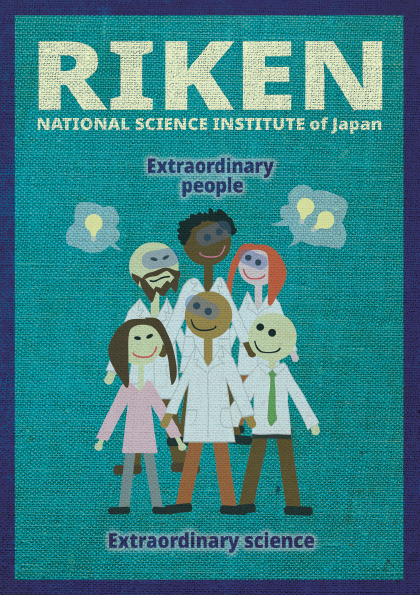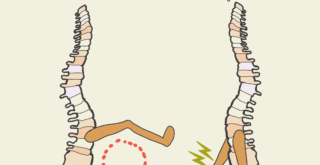Online communication means less information
Telecommuting is becoming increasingly common due to COVID-19, and both conferences and classes are now being held online. Holding events online has made it easier to attend international conferences since we don’t have to worry about travel time and jet lag. My honest impression was that it has been surprisingly easy to do things online.However, we need to note that communication between people has conventionally been face-to-face ??. With direct communication, we exchange various information through the tone of our voices, facial expressions, gestures, smells, and the general atmosphere. Online, by contrast, the information we can exchange is limited to voice, facial expressions, and, at most, large gestures.

The challenge we face now is how to make communication work when there is a lack of various information, or how to compensate for this lack of information in digital space.
In my group at AIP, based on the numerous issues we have identified in this way, we are carrying out a special project on COVID-19 to “investigate the impact of telework on humans and find ways to mitigate them.”
Maneuvering between work and private life
Telecommuting is convenient since it eliminates commuting time. However, problems arise when the home becomes the workplace. For example, when we get up from our desk to go to the restroom at work, we end up walking a little, and might even get to talk with other people on the way. This provides us with light exercise, a change of pace, and an opportunity to exchange information and ideas. On the other hand, when we are at home, there is no need to go anywhere, and there might not even be anyone to talk to. If we are put into this kind of work environment for a long period of time, stress accumulates and we may get sick. To solve this problem, we are considering developing an app that encourages people to get out of their seats periodically to refresh themselves.
Another problem with telecommuting is that it makes it difficult to separate work and private life. In the past, the act of commuting allowed us to gently switch between work and private life. With the loss of commuting itself, the boundary between work and private life has blurred. Considering this, there is a growing need for a third type of place, where people can work close to home, and there are studies underway to determine where these should be located. The rise in telecommuting could lead to a new era of urban design.
From isolation to sustainable development
As telecommuting and online communication becomes more popular, people will inevitably have a sense of uncertainty. However, telework has the benefit of reducing our environmental burden by cutting carbon dioxide emissions as people move around less. There are always two sides to things. Just as the plague in the Middle Ages led to the Reformation and the Renaissance, a new era may arise after we conquer COVID-19, and we may see the advent of a society that achieves sustainable development. ☎️
■ Translated from the Japanese, this article was based on an interview with Osamu Sakura, Team Leader @RIKEN Center for Advanced Intelligence Project (AIP) The article appeared as part of a series in the January issue of RIKEN News ■








